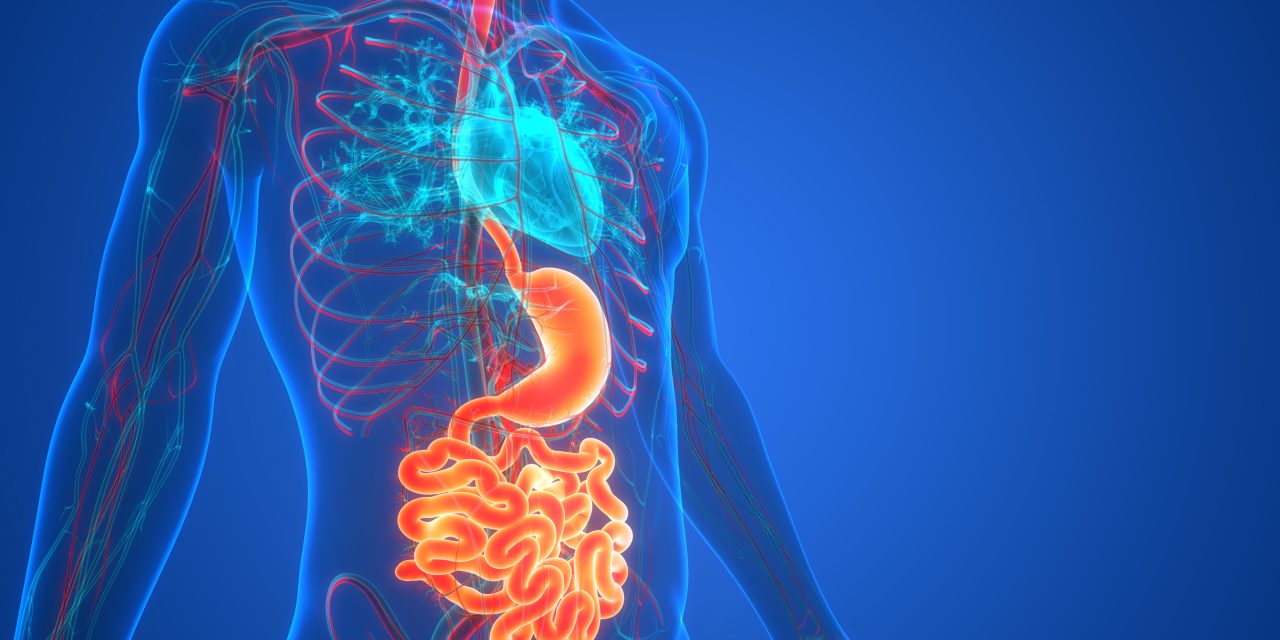The purpose of this trial was to determine the lowest dose of alanyl-glutamine (Ala-Gln) to enhance gut integrity and development in children at risk of environmental enteropathy (EE). This was a double-blind, randomized, placebo-controlled dose-response study. It enrolled 140 youngsters from a low-income neighbourhood in Fortaleza, Brazil. Participants ranged in age from 2 to 60 months and had z-scores less than one for weight-for-age (WAZ), height-for-age (HAZ), or weight-for-height (WHZ). The study randomized children to 10 days of nutritional supplementation with Ala-Gln at 3 g/day, Ala-Gln at 6 g/day, Ala-Gln at 12 g/day, or an isonitrogenous dosage of glycine (Gly) placebo at 12.5 g/day. Of the 140 youngsters, 103 completed the 120-day follow-up period. researchers found a slight improvement in urine lactulose excretion from 0.19 percent on day 1 to 0.17 percent on day 10 in the group receiving the highest dosage of Ala-Gln. They found no impact on fecal inflammatory markers, diarrheal morbidity, or urine metabolic profiles in subjects who received Ala-Gln, although they did find small decreases in fecal energy and fecal lactoferrin.
Dose in between In children at risk of EE, ala-Gln causes short-term improvements in gut integrity and ponderal development. Lower dosages improved ponderal development in the absence of improved gut integrity.


